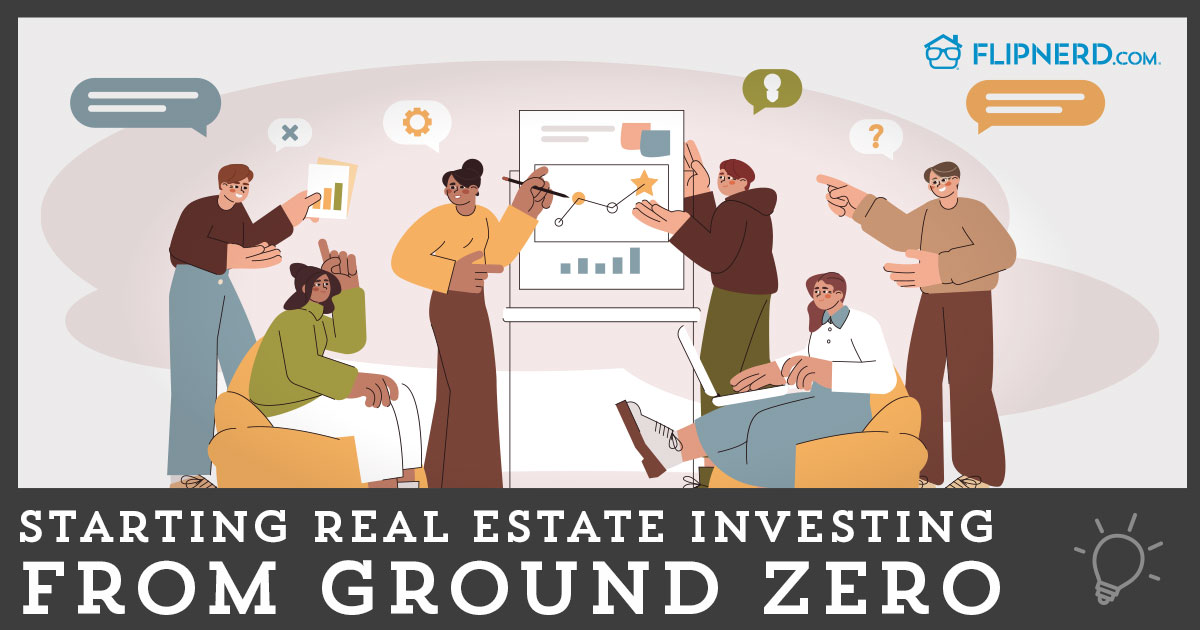In order to ensure long-term success when purchasing a rental property, it’s important to develop a strong, reliable team that can help you through the buying process, and your lender is a BIG part of that equation.
That’s why, when it comes to real estate investing, you need a lender who fully understands the investing landscape. Otherwise you may spend a considerable amount of time trying to explain your strategy and objectives and still end up with bad advice and the possibility of lost deals. The best way to avoid this is by choosing a direct lender with Fannie Mae or Freddie Mac instead of a mortgage broker.
The difference between a lender and a broker.
There’s nothing wrong with a mortgage broker when you’re in the market for your primary residence, but if you’re trying to build a portfolio of rental properties, a direct lender is almost always your best bet.
The main difference between a broker and a lender is that a broker shops your financial profile around to his or her selected list of lenders, whereas a direct lender is the institution itself lending you the loan.
A direct lender will tend to have more experience navigating the investing landscape, and can usually provide you with more appropriate deals than a regular broker. That doesn’t mean a lender is always the best solution — many direct lenders can place restrictive underwriting overlays which may hinder your strategy — but they should be the first place you begin looking.
The journey doesn’t end when you decide to go with a lender — you still need to choose which one is right for you. There are a few questions you should ask a lender to ensure that you’re getting into business with the most suitable one.
- Do you currently work with any active investors?
- How many loans can you offer to any one investor?
- Do you personally own any rental property?
- Does your company apply any additional underwriting overlays which may affect my ability to purchase an investment property? (Restrictions could include: Landlord history experience before being able to utilize rental income to qualify, limits on financed properties from ten to four, geographic restrictions for buyers who don’t live within one hundred miles of the subject property.)
Contrary to popular belief, now is a great time to buy rental property. Many markets that were over-priced during the housing bubble have over-corrected and property can now be purchased far below the cost to rebuild – which can mean substantial cash flow (even with the costs of property management).
But just because it may be easier to buy, it’s still vital that you perform your due diligence when it comes to lenders. By asking potential lenders these simple questions, you can be more certain that you’re choosing a lender that will be able guide you through the lending process and tailor it to your particular investment needs.
Written by: Stephen Bighaus









